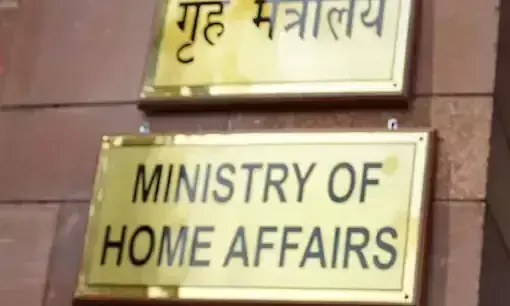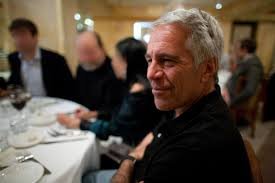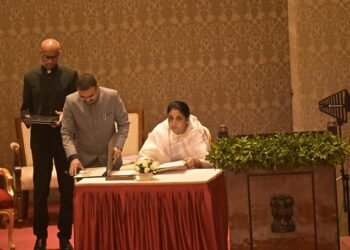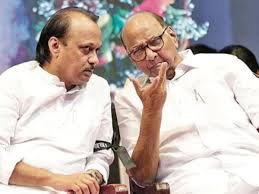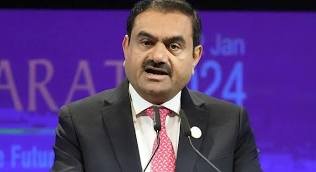The phrase “political dialogue” in the September 4, 2025 agrrement between Ministry of Home Affairs and Kuki-Zo groups sparks intense debate on Manipur’s fractured future.
BY Navin Upadhyay
September 6, 2025: When the Ministry of Home Affairs (MHA) and Kuki-Zo groups — the Kuki National Organisation (KNO), United People’s Front (UPF), and Kuki-Zo Council — signed an agreement on September 4, it carried one particularly significant clause: the Centre agreed to hold a “political dialogue” with the Kuki-Zo leadership.
Since then, the phrase has become the subject of intense debate. What exactly does “political dialogue” mean in this context? For the Kuki-Zo groups, past submissions and interactions with the MHA leave little room for doubt: the dialogue will focus squarely on their long-standing demand for a Union Territory carved out of Kuki-Zo inhabited areas of Manipur.
The KNO–UPF submission to the MHA in September 2023 underscores this. It makes clear that the call for “political dialogue” stems from a total loss of faith in Manipur’s state machinery. The document, a copy of which is available with the Power Corridors, bluntly states that “recent events have completely broken societal trust and there is no possibility of peaceful coexistence within the state of Manipur.”
READ: Why MHA–Kuki-Zo Pact No Guarantee of Peace in Manipur
Significantly, this was also the first time in 15 years since the Suspension of Operations (SoO) agreement was signed between the MHA and Kuki-Zo groups that the demand was explicitly escalated from seeking a territorial council to calling for a Union Territory.
Key reasons cited include:
- Tens of thousands of Kuki-Zo residents displaced from Imphal and valley areas, unable to return to jobs or education.
- A complete breakdown of administration in five hill districts — Kangpokpi, Chandel, Tengnoupal, Churachandpur, and Pherzawl.
- Shortage of essential supplies due to blockade of routes, leaving displaced families dependent on humanitarian aid.
- Non-utilisation of experienced Kuki-Zo officers and government employees in the absence of functioning local administration.
READ: Heroin Haul: Security Forces Nab Four in Imphal Valley
The submission argues that “no arrangement short of autonomy would secure their safety” and proposes a separate administrative unit with direct Union oversight.
Why a Union Territory, Not Sixth Schedule?
The demand paper analyses different constitutional models — Sixth Schedule autonomous councils, special provisions under Article 371A for Nagaland, and Article 371C for Manipur. It rejects these as inadequate, arguing that advisory roles or limited autonomy have failed to protect tribal interests in the past.
Instead, the submission cites Puducherry as a model:
- A Union Territory with a legislature of 40 members.
- Plenary legislative powers over subjects in the State List.
- Administrative machinery independent of the parent state.
The KNO–UPF note stresses that a similar UT arrangement for Kuki-Zo areas — with legislative, administrative, and financial powers — is the only viable guarantee of safety and governance.
Structure of the Proposed UT
The submission to the MHA lays out a detailed framework:
- UT formed under Article 239 of the Constitution, covering Kuki-Zo inhabited districts and contiguous villages.
- Legislative Assembly with 40 seats (38 elected, 2 nominated), elections within six months of settlement.
- A UT Enclave Commission to decide on inclusion of bordering villages.
- A Delimitation Commission to finalise constituencies.
- Assembly to control key areas: land use, forests, minerals, ownership and transfer of land, and even citizenship issues.
- Full executive powers for appointments, administration, and development functions within the UT.
Urgency of the Demand
The demand is framed not just as a political aspiration but as an existential need. The KNO–UPF argue that without a Union Territory:
- Displaced Kuki-Zo families cannot safely return.
- Administrative paralysis will continue.
- Ethnic mistrust will prevent any durable peace.
They also highlight that “essential supplies are being stopped” and that only a Union-administered unit can ensure direct access to Union authorities for resolution of humanitarian crises.
What Political Dialogue Means in Practice
Thus, when MHA refers to “political dialogue” with the Kuki-Zo groups, it signals negotiations not about ceasefire conditions, but about state reorganisation — the creation of a new Union Territory.
For the Kuki-Zo, dialogue is about:
- Constitutional restructuring.
- Securing territorial autonomy.
- Establishing institutions that can function independently of the Manipur state government.
For the MHA, however, it raises difficult questions:
- Will the Centre concede a new Union Territory?
- Or will it offer a diluted arrangement under existing constitutional provisions?
- And how will this affect the fragile ethnic balance in Manipur and the Northeast at large?
The MHA’s commitment to political dialogue has given the Kuki-Zo leadership a platform to press for their demand for UT in a forceful way. But whether New Delhi accepts the demand, modifies it, or sidesteps it will determine the next phase of Manipur’s conflict.



